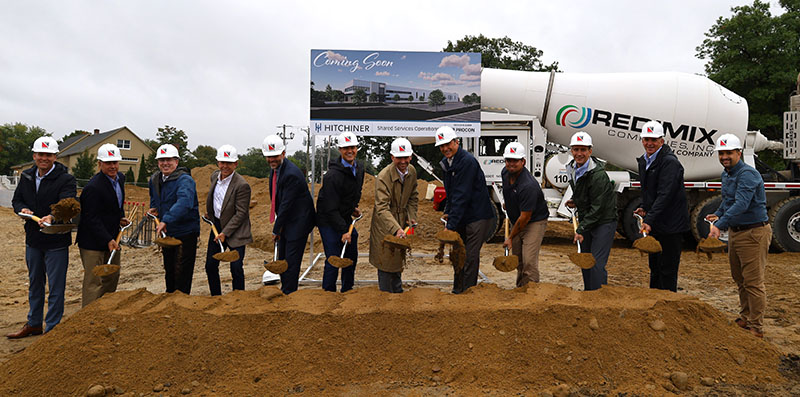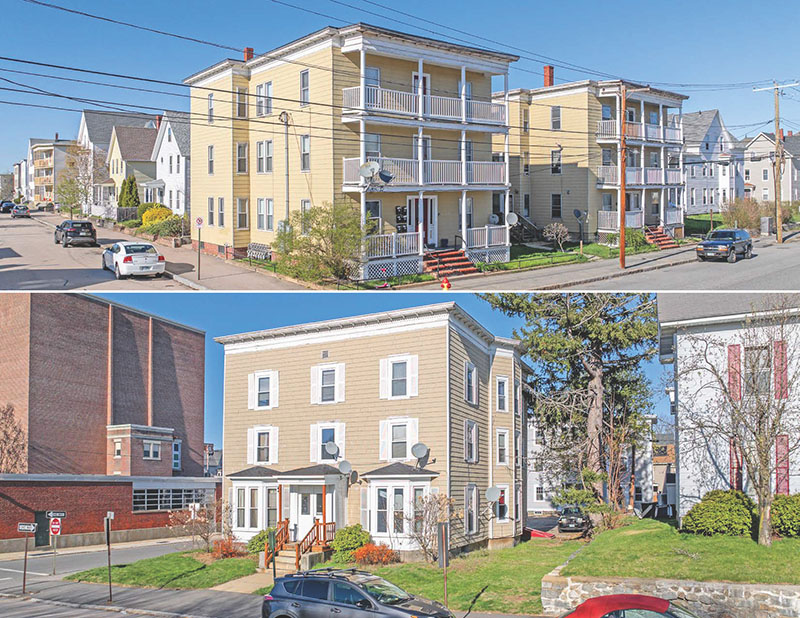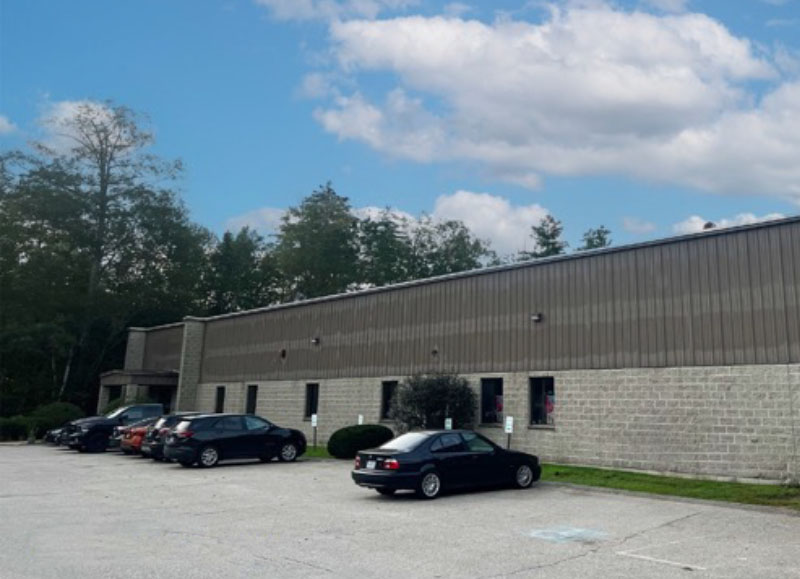News: Northern New England
Posted: April 5, 2012
CIBOR and NH Legislature: Our volunteers at work
It the past you may have heard the work that the N.H. Commercial Investment Board of Realtors has done in the legislative arena with the likes of the Section 1031 Exchange bill. While this was a great volunteer effort it is by no means the only time our board has been called into action. The reality is that our volunteers are working behind the scenes constantly to ensure that property rights in the state of New Hampshire are protected. Here is but a snapshot.
Wednesday morning the 18th of January, the bat signal goes up. Bob Quinn, the government affairs director for the N.H. Association of Realtors (NHAR) reaches out to our public policy chair, Dick Danais to get his thoughts on SB291 a N.H. Senate Bill surrounding how a municipality levies impact fees to developments for state roads.
The following morning the board of directors discusses the new bill at their monthly board meeting. The discussion is assisted by volunteer and liaison to public policy, Jason Craven. After requesting the committee come back with more information the board held an electronic vote to let NHAR know that we could not support the bill as written because we felt it could have given municipalities an open ended ability to levy impact fees on development.
Less than one week later volunteers Craven and Danais on behalf of our members are in Concord at the hearing to let our legislators know our concerns. As a result of those discussions and work by the N.H. Home Builders Association a revised bill has been proposed which allows municipalities the right to levy impact fees so long as they are published. In short, if we know the rules of the road we can drive better.
This is a key example of how our volunteers, paid staff, members and other organizations work hand in hand with our legislature to make sure property rights are preserved. In New Hampshire it is not all about the legislation, this past year rule making changes affected property rights as well; alteration of terrain permits, DES approval process and septic system failure and rebuilding all come under rule making.
Without our group of volunteers at the state and local level, we would not be able to focus. Every year state public policy chair Lynn Merrill works with her team to review over 80 potential bills and rule changes. But the system only works with your help. Members with boots on the ground need to react to their clients challenges and let our team know when something needs attention. Our team will react quickly, but we need your help.
Chris Norwood, CCIM, is the 2012 president of the NH CIBOR chapter and is a director of NAI Norwood Group, Bedford.
Tags:
Northern New England
MORE FROM Northern New England
PROCON and Hitchiner break ground on 57,000 s/f shared services operations facility
Milford, NH Hitchiner, in partnership with PROCON’s integrated design and construction team, has officially broken ground on a new 57,000 s/f shared services operations facility at its Elm St. campus. This building will house value-added services used across Hitchiner’s various business units,

Quick Hits







